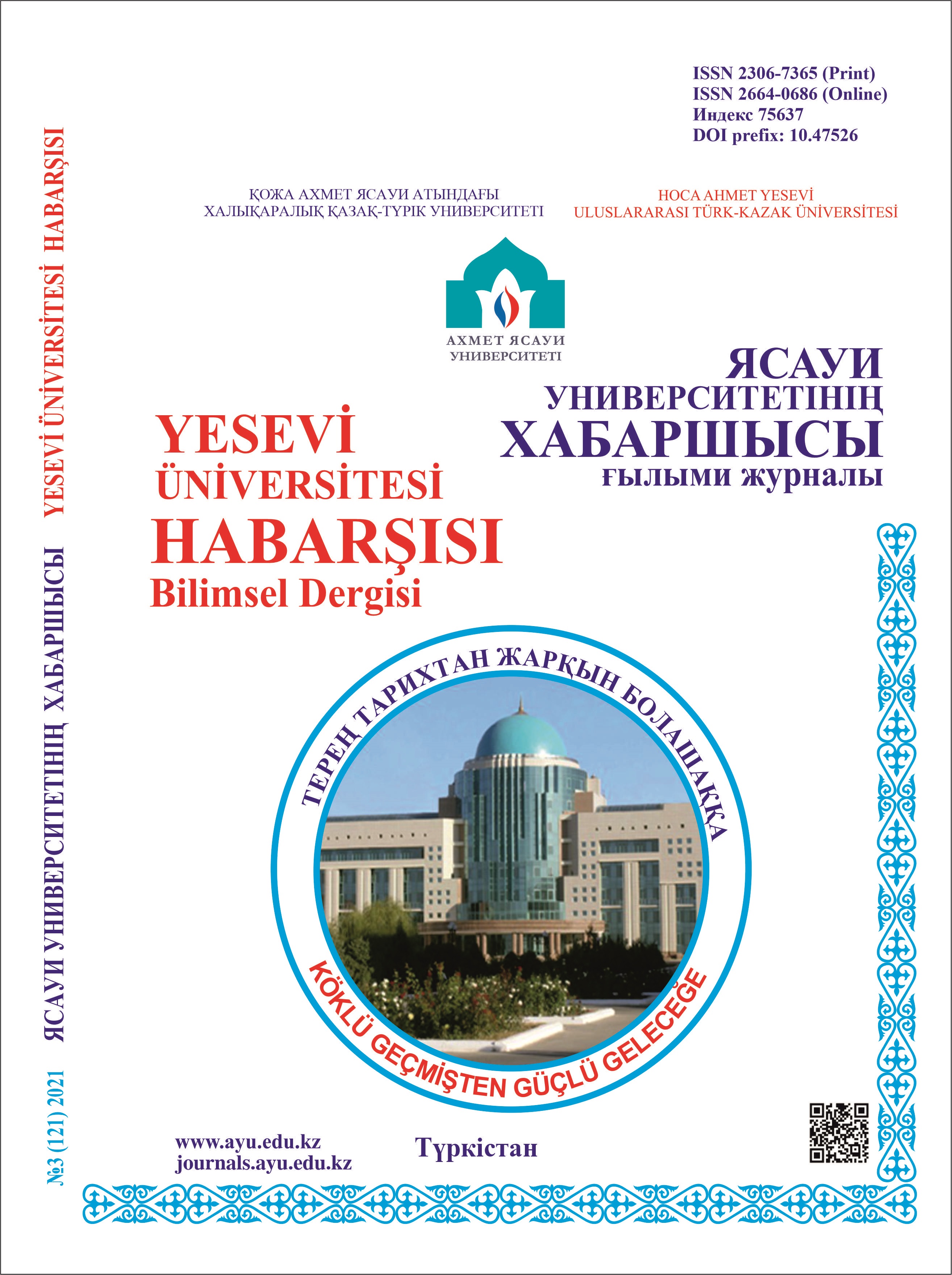Языково-культурные аспекты пословиц, отражающих концепт «женщина» в тюрском мире
361 799
Ключевые слова:
женщина, концепт, пословицы, антропоцентризм, лингвокультурология, стереотип.Аннотация
В статье анализируется смысловая структура понятия «женщина» в культуре тюркоязычных народов (казахского и турецкого), а также способы их отражения в паремиологических конструкциях. Проведен сравнительный и лингвокультурологический анализ пословиц и поговорок, обозначающих концепт «женщина». Были проанализированы когнитивные особенности двух национальностей в интерпретации образа женщины. По мнению авторов, в современном языкознании расширяются масштабы исследования духовных сокровищ и языковых богатств нации по сравнению с языковыми единицами в лексике родственных языков. Актуальность исследования обусловлена тем, что при рассмотрении в лингвокультурологическом аспекте, помимо коммуникативной и познавательной деятельности языка, рассмотрение языка дано в единстве и преемственности с понятиями культуры и цивилизации, как источника национальной культурной информации, дающего ценное представление о мире в целом и национальных особенностях, в частности. Целью исследования является анализ языковой картины понятия «женщина» в казахском и турецком языках на лексическом уровне, выявление их концептуальных качеств и особенностей функционирования. В работе использованы методы описательно-аналитического, лексического и концептуального анализа, лингвокультурного и сравнительного анализов. В настоящее время выявлено содержание концепта «женщина» и рассмотрено с разных сторон в лингвистических исследованиях.
Также в статье выявляются сходства и различия между понятийным, образным и ценностным компонентами концепта «женщина». Понятие «женщина» отражает отношение общества к прекрасному полу, поэтому в казахском и турецком этносах женщине отводится роль домохозяйки, жены, матери, свекрови. Турецкие пословицы репрезентируют женское трудолюбие, выносливость и милосердие. Казахский народ также ценит в женщинах внимательность, жизнерадостность и гостеприимство. Обе этнические группы ценят женский характер и моральные качества выше женской красоты. В языковых культурах казахского и турецкого этносов осуждаются женское многословие, лень, жадность, ложь, высокомерие. Сравнение двух родственных языков позволяет выявить не только универсальные черты каждой языковой культуры, но и их уникальные национальные особенности.

